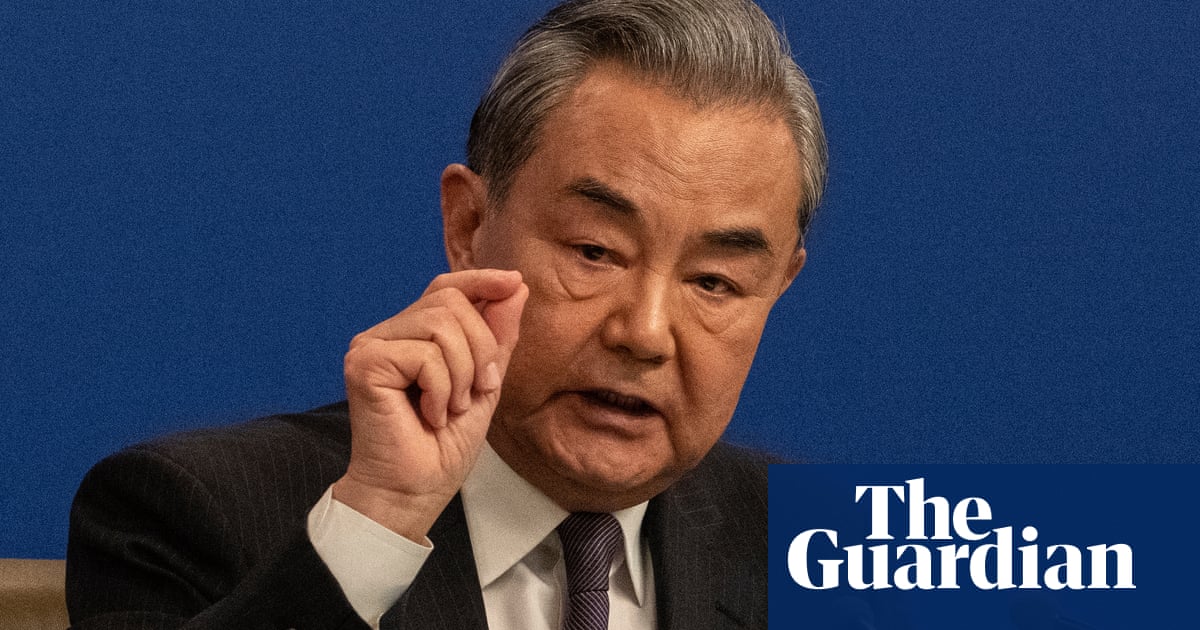The Massachusetts Institute of Technology (MIT) has made headlines by banning the class president from the graduation ceremony after she delivered a pro-Palestinian speech. The university stated that Megha Vemuri spoke out of turn during the OneMIT commencement event on Thursday. They claimed she misled the event organizers and disrupted the ceremony, which led to her removal.
Vemuri’s speech stirred up strong emotions. She wore a Keffiyeh and addressed MIT’s ties to the Israeli military, accusing the institution of complicity in violence against Palestinians. "As scientists and leaders, we must stand for life and call for change," she said. Her passionate remarks were met with cheers from many classmates, some of whom waved Palestinian flags.
Notably, Vemuri highlighted the dire situation in Gaza, where over 52,000 people have lost their lives since the conflict escalated on October 7, 2023. The ongoing war has drawn severe criticism globally, including from the United Nations, due to humanitarian concerns.
She mentioned that the undergraduate body had voted to cut ties with Israel but felt threatened and suppressed in her advocacy. "The MIT community would never tolerate genocide," she stated, calling upon her peers to remember the responsibility they carry as they graduate.
This incident echoes a broader trend seen in universities, where political expressions can sometimes lead to harsh consequences. For example, New York University recently withheld a diploma from student Logan Rozos for delivering a graduation speech that condemned violence in Palestine. The backlash against political statements raises questions about free speech on campuses.
MIT President Sally Kornbluth spoke at the ceremony but did not address Vemuri’s situation directly. Instead, she encouraged graduates to embrace scientific thinking and ingenuity.
The division created by Vemuri’s speech reflects growing polarization around global issues. As conflicts intensify, we’re seeing more students using their platforms to voice political opinions, sometimes at a significant personal cost. The question remains: how far should universities go in balancing free speech with institutional values?
For context, MIT’s history shows its commitment to innovation and ethical responsibility, often prompting debates on its role in global issues. The push for ethical engagement continues to resonate, as institutions confront their legacies and responsibilities in a complex world.
Many people are discussing these issues online, with hashtags related to free speech, political activism, and university responsibilities trending. It’s clear that this incident is part of a larger conversation on how universities navigate political expression among their students.
As society evolves, so will these discussions—making it crucial for institutions to strike a balance between encouraging free expression and maintaining their values.
For more details on the ongoing situation in Gaza, you can visit The United Nations website.






















